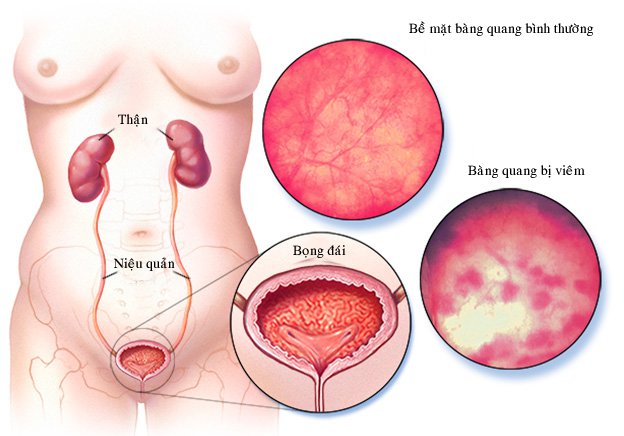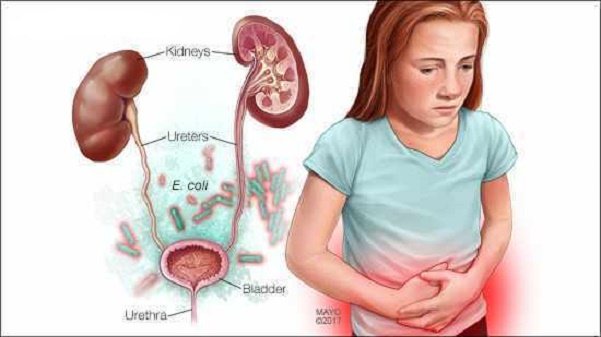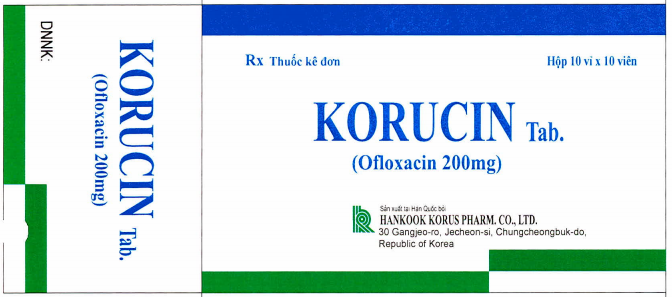What is a white blood cell urine test?
This is an automatically translated article.
The article was professionally consulted by Doctor of Urology Department, Vinmec Central Park International General Hospital.
White blood cells are an important component and play an extremely important role in the body's immune system, but when white blood cells appear in the urine, it can be a warning sign of disease.
1. What is a white blood cell urine test?
1.1 What is leukocyte urine? White blood cells, also known as white blood cells, exist along with platelets and red blood cells. White blood cells are part of the immune system that helps the body fight off harmful foreign agents and infectious diseases.
These cells are produced and stored in many places in the body including the thymus, spleen and bone marrow. White blood cells are transported throughout the body between organs and nodes. The presence of white blood cells in the urine is considered normal when it is within acceptable limits.
If your urine contains a large amount of white blood cells, you may have an infection or other health problem. The number of white blood cells (LEU) in the urine can vary depending on the method of measurement. In the urinalysis, the leukocyte count is normal LEU < 25 and if urinalysis is microscopic, the LEU number is < 5.
2. Causes of high white blood cells in the urine
In specific cases, there may be white blood cells in the urine. These include the following possibilities:
2.1. Cystitis Urinary tract infection is one of the most common causes. The urinary tract includes the kidneys, ureters, bladder and urethra. The ureter is the tube that carries urine from the kidney to the bladder and the urethra is the tube that carries urine out of the bladder. Most urinary tract infections are lower urinary tract infections and are most commonly found in the bladder or urethra.
Bladder infection leads to irritation of the lining of the bladder, white blood cells appear to destroy bacteria. When the bladder is infected, there will be symptoms of pain or discomfort in the lower abdomen, painful urination, burning and frequent urination. This condition is also known as cystitis. This condition is common in adolescents, especially women. Women are more likely to get UTIs than men because their urethra is shorter. Cystitis can infect the kidneys upstream if not treated properly.

Viêm bàng quang có thể làm tăng tế bào bạch cầu trong nước tiểu
2.2 Kidney stones Your urine with more white blood cells than normal can also be a sign of kidney stones.
2.3 Urinary tract infection and obstruction Urinary tract obstruction due to many causes such as urolithiasis, urethral stricture, ureteral stricture or tumor compression of the ureter. Urinary tract obstruction causes fluid retention in the kidneys and increases the risk of urinary tract infections.
2.4 Bacterial kidney infections Kidney infections, also known as nephritis, can become serious if left untreated. From a lower urinary tract infection, bacteria can enter the kidney upstream and cause nephritis. This condition can severely affect kidney function, and urine tests often show high white blood cells.
The risk of kidney infection is higher if you have kidney stones or ureteral stones because the stones restrict or block the passage of urine. Stagnant urine in the renal pelvis can cause infection. White blood cells appear at the site of infection and are present in the urine. Patients often have fever, chills or chills, pain in the lower back, frequent urination. In this case, the patient should see a doctor immediately for early treatment. as soon as possible.
2.5 Blood diseases such as sickle cell anemia Some blood diseases and sickle cell anemia, white blood cells may appear in the urine. In addition, diseases such as kidney cancer, prostate or bladder tumors can cause an inflammatory reaction or blockage of the urinary tract, leading to the presence of white blood cells in the urine.
2.6 Holding urine for a long time If you don't urinate often and try to hold it, the bladder becomes distended and accumulates a lot of urine. This creates favorable conditions for bacteria to grow in the bladder, leading to bacterial infection and the presence of white blood cells in the urine.
2.7 Pregnancy During pregnancy, some women may experience proteinuria and many white blood cells in the urine. This condition can be caused by a retrograde infection from the vagina.
In addition to the above causes, there are a number of other causes that also cause the presence of white blood cells in the urine such as:
Some drugs can cause the appearance of white blood cells in the urine, including some pain relievers. and antibiotics. Medicines used to treat arthritis can also lead to the presence of white blood cells in the urine, which is associated with interstitial nephritis as a side effect of the drugs.
● Having unprotected sex can allow bacteria to enter the urethra. This condition leads to bacteriuria and the presence of white blood cells in the urine.
Excessive exercise with high intensity can lead to an increase in white blood cells in the urine.
3. Treatment and prevention of white blood cells in the urine
Treatment will depend on the cause of the leukocytosis in the urine
3.1 Treating UTIs If this is your first UTI, a short course of antibiotics can be treated. With recurrent UTIs, you may need longer antibiotic treatment and additional tests to find the cause. In addition to antibiotics, increasing water intake can help limit urinary tract infections.
3.1 Treating UTIs If this is your first UTI, a short course of antibiotics can be treated. With recurrent UTIs, you may need longer antibiotic treatment and additional tests to find the cause. In addition to antibiotics, increasing water intake can help limit urinary tract infections.

Xử trí và phòng ngừa bạch cầu trong nước tiểu
3.2 Urinary tract obstruction If there is urinary tract obstruction, such as compression by a tumor or ureteral or kidney stones, surgical intervention may be required. In the case of small kidney stones, increasing fluid intake can help push the small stones out of the urinary tract. Surgery is needed to remove large kidney stones. If the blockage occurs due to melanoma, treatment options include surgery, chemotherapy, or radiation therapy.
One of the simplest ways to help reduce the risk of urinary tract infections or kidney stones is to drink enough water. You should drink about 8 glasses of water a day. If you notice anything unusual about your urine such as color, smell, or any discomfort while urinating, you should seek medical attention immediately to avoid making the problem worse.
Vinmec International General Hospital is one of the hospitals that not only ensures professional quality with a team of leading medical doctors, modern equipment and technology, but also stands out for its examination and consultation services. comprehensive and professional medical consultation and treatment; civilized, polite, safe and sterile medical examination and treatment space. Customers when choosing to perform tests here can be completely assured of the accuracy of test results.
Please dial HOTLINE for more information or register for an appointment HERE. Download MyVinmec app to make appointments faster and to manage your bookings easily.
This article is written for readers from Sài Gòn, Hà Nội, Hồ Chí Minh, Phú Quốc, Nha Trang, Hạ Long, Hải Phòng, Đà Nẵng.





